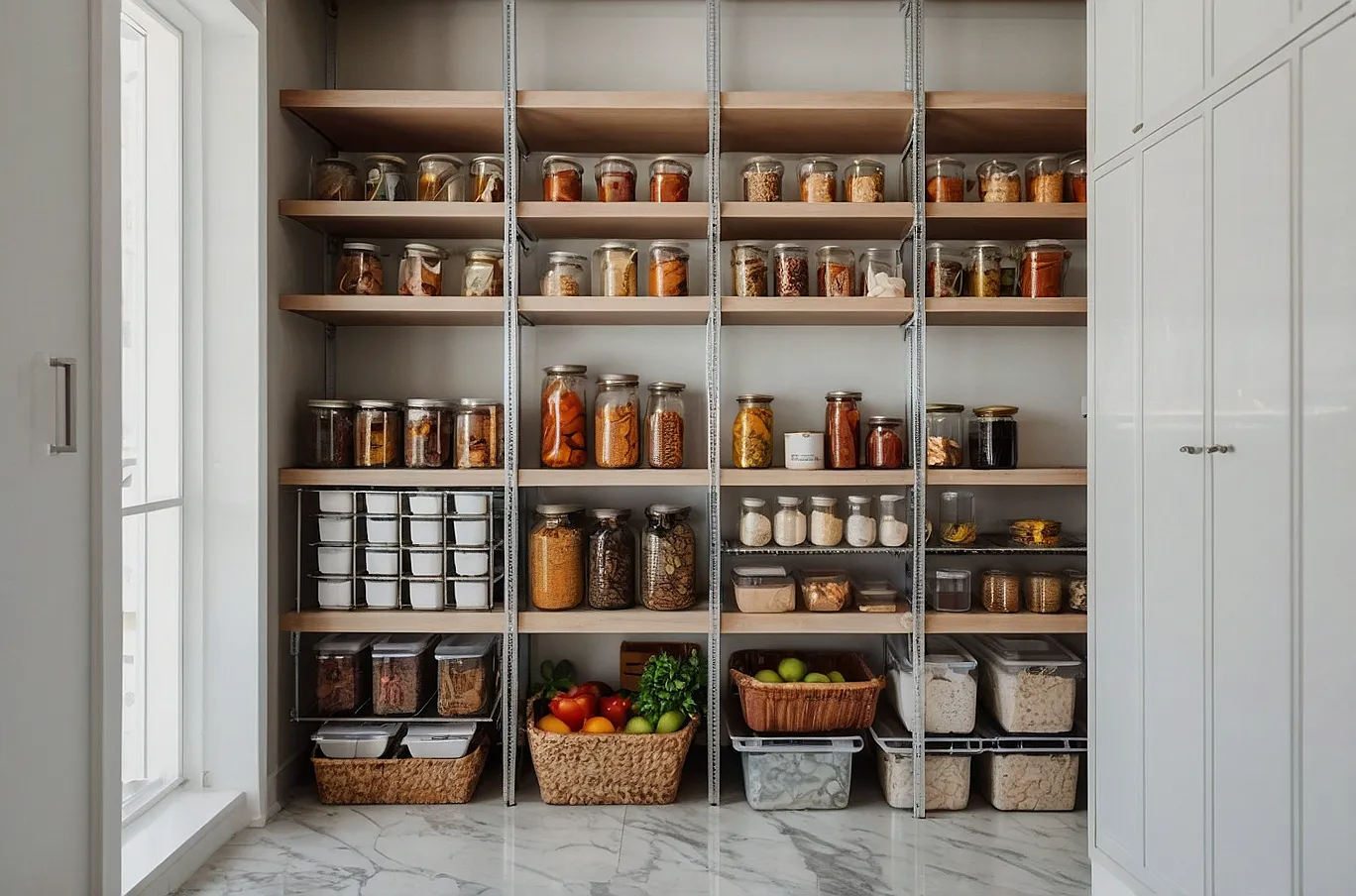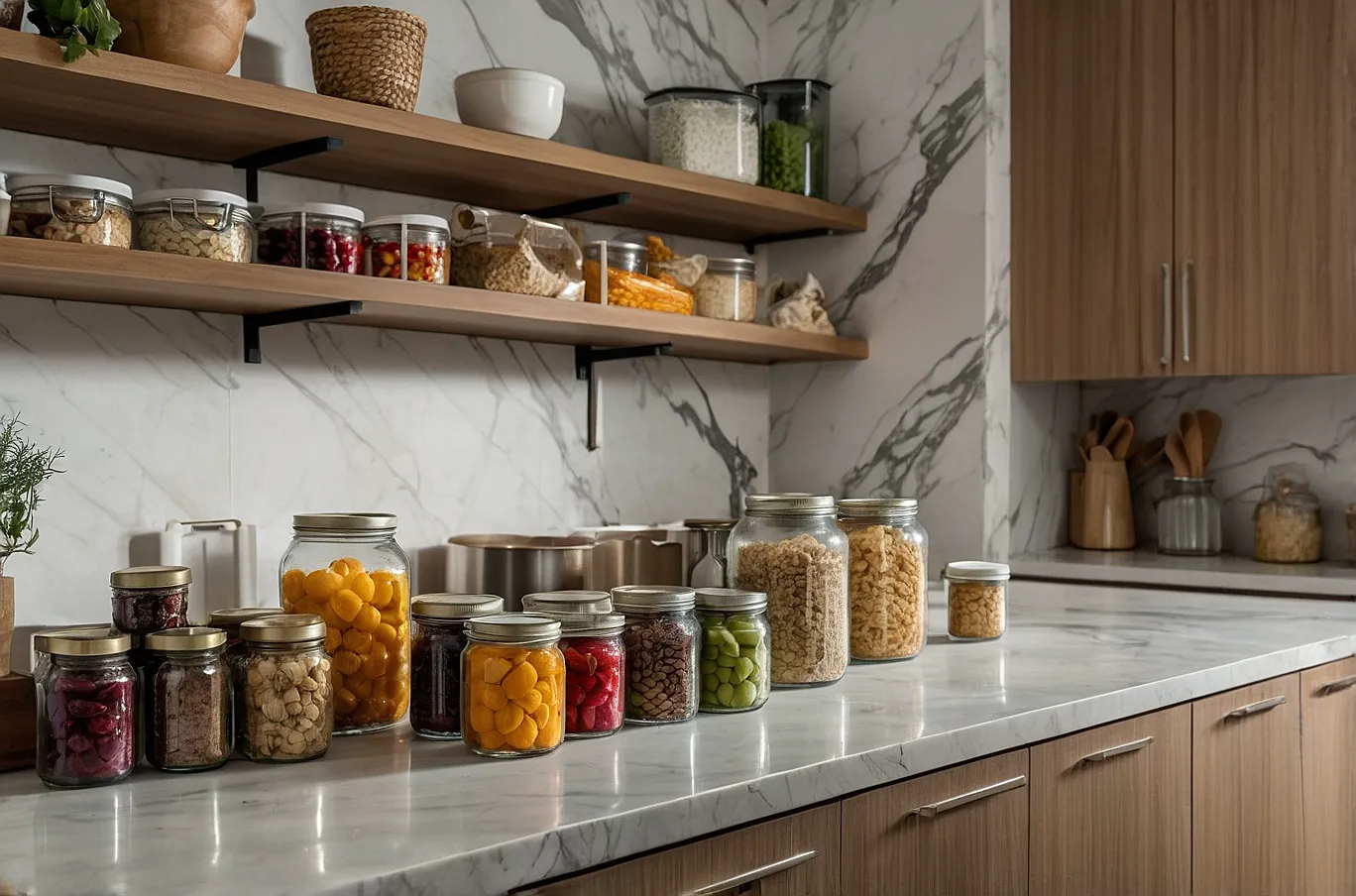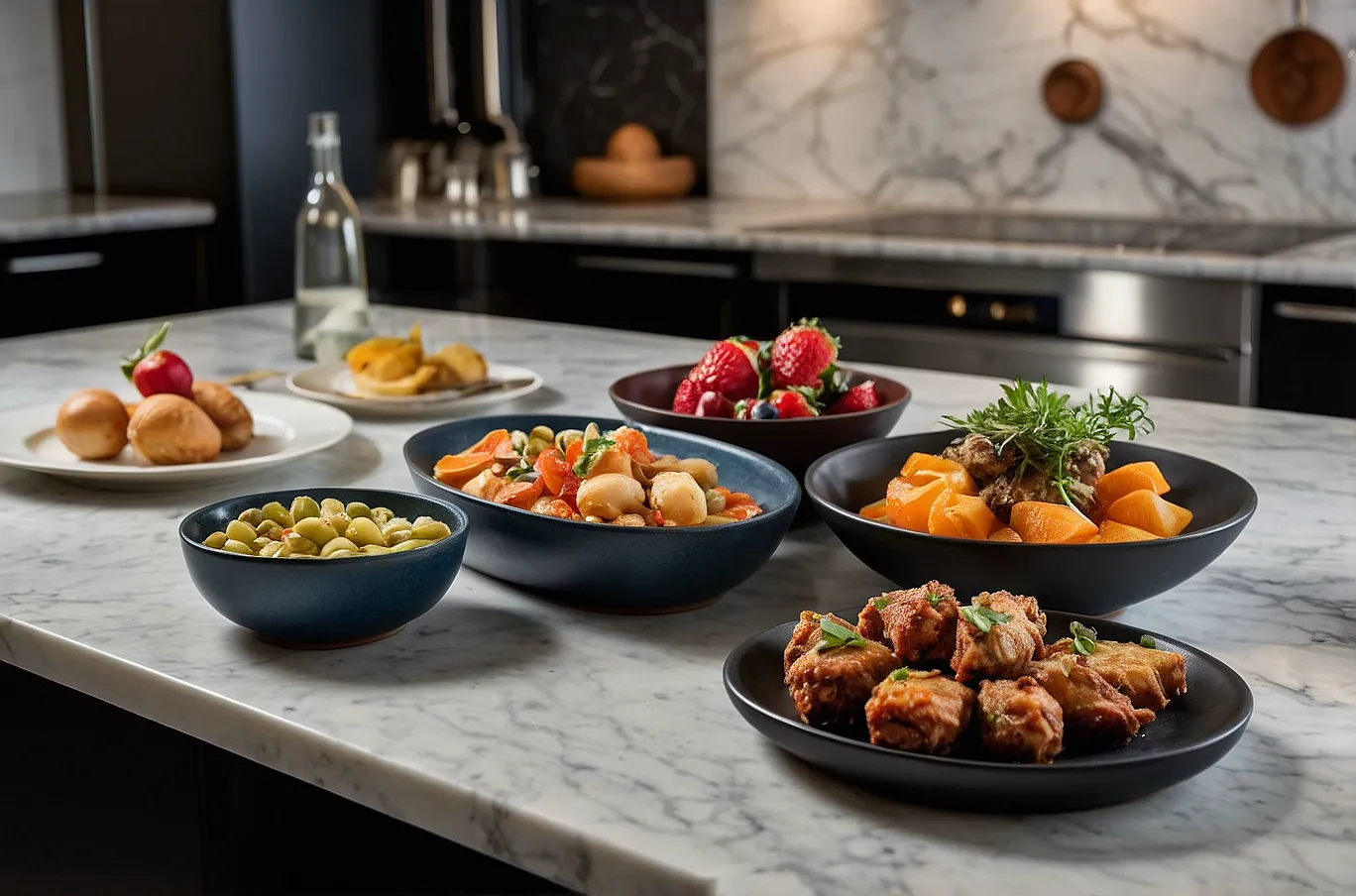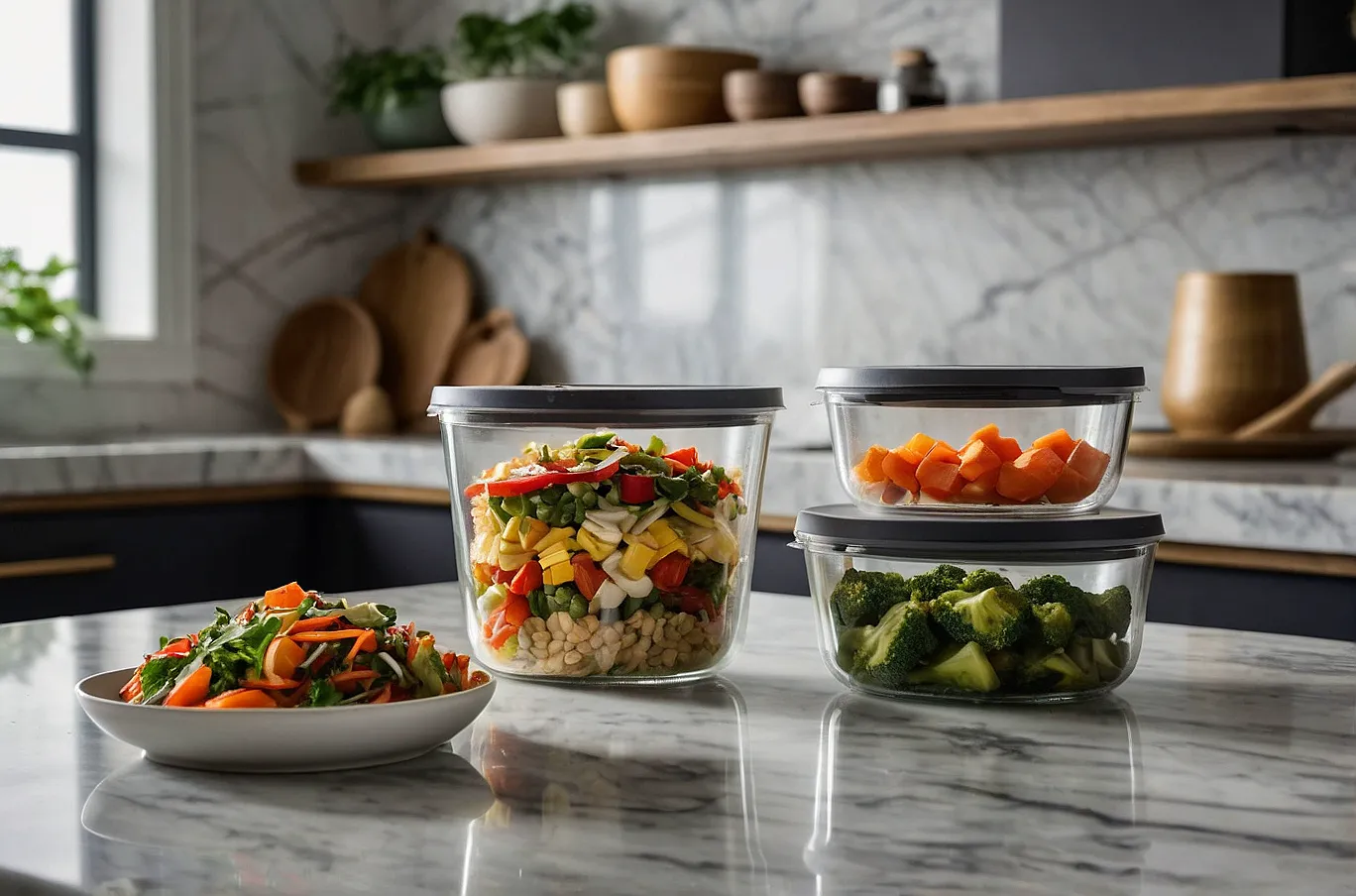 Other
OtherPrep Ahead Freezer Meals for Postpartum Life: Your Ultimate Guide
Bringing a new baby home is an incredible, life-changing experience. It's also incredibly demanding, leaving new mothers with little time or energy for anything beyond newborn care. That’s where the magic of Prep Ahead Freezer Meals for Postpartum Life truly shines. Imagine nourishing yourself with delicious, homemade meals without having to cook from scratch, all while juggling sleepless nights and endless diaper changes. This comprehensive guide will walk you through everything you need to know about preparing a freezer full of wholesome meals, ensuring you’re well-fed and energized during this special, yet challenging, time.
As an American SEO copywriter specializing in meal prep for young, busy mothers, I understand the unique challenges you face. From fluctuating hormones to the sheer exhaustion of round-the-clock feedings, cooking can feel like an impossible task. But proper nutrition is vital for postpartum recovery and milk production if you're breastfeeding. By investing a little time pre-baby, you can create a culinary safety net that will be a true lifesaver. Let’s dive into why this strategy is so crucial and how to make it happen effectively.
Why Freezer Meals Are a Postpartum Lifeline
The first few weeks postpartum are often referred to as the "fourth trimester," a period of intense healing and bonding. Your body is recovering from childbirth, and your energy reserves are likely depleted. Cooking elaborate meals or even simple ones can feel overwhelming. This is precisely why having a stash of delicious, ready-to-eat meals is non-negotiable for new parents. It's more than just convenience; it's about self-care and ensuring consistent nourishment.
The Benefits of Preparing Meals in Advance
- Saves Time and Energy: This is the most obvious benefit. Instead of spending precious time chopping, stirring, and cleaning up, you can simply reheat a healthy meal in minutes, freeing you up for snuggles, rest, or tending to your baby. It's a game-changer for new moms.
- Ensures Proper Nutrition: During the postpartum period, your body needs nutrient-dense foods to heal, recover, and produce milk. Freezer meals help prevent you from relying on less healthy takeout options when exhaustion hits. They support healthy eating habits by making good choices easy.
- Reduces Stress: The mental load of meal planning and cooking can be significant. Knowing you have nourishing options readily available can significantly reduce stress and anxiety, allowing you to focus on your newborn. This contributes to better overall mental well-being during a vulnerable time.
Supporting Postpartum Recovery and Breastfeeding
For mothers who are breastfeeding, nutritional needs are even higher. A well-balanced diet supports milk supply and provides essential nutrients for both mother and baby. Prep Ahead Freezer Meals for Postpartum Life ensure you’re getting the vitamins, minerals, and calories you need without the added effort. Think about incorporating ingredients known to support lactation, like oats, flaxseed, and healthy fats.

Strategic Planning for Your Postpartum Freezer Stash
Successful freezer meal prep isn't just about cooking a lot; it's about smart planning. Start by assessing your freezer space, then consider your family’s dietary preferences and needs. Think about when you'll do your cooking—perhaps a few weekends before your due date, or even spread out over several weeks. Batch cooking techniques are key here, allowing you to maximize your effort.
Assessing Your Freezer Space and Storage Solutions
Before you start cooking, take stock of your freezer. Do you have enough room for dozens of meals? You might need to clear out some old items or invest in a small chest freezer if you're serious about stocking up. Proper storage is also crucial for preventing freezer burn and maintaining meal quality. Consider using freezer-safe containers, sturdy freezer bags, or aluminum foil pans with tight-fitting lids. Label everything clearly with the meal name, date, and reheating instructions.
Creating Your Postpartum Meal Plan
Developing a meal plan ensures variety and helps you manage your grocery list. Aim for a mix of breakfast, lunch, and dinner options, as well as nutrient-dense snacks. Don't forget to include meals that are easy to eat with one hand, as you'll often be holding your baby. When planning, consider the nutritional needs of breastfeeding mothers, if applicable, and think about meals that offer sustained energy.
Top Picks for Freezer-Friendly Recipes
Not all recipes are created equal when it comes to freezing. You want dishes that hold up well to thawing and reheating, maintaining their flavor and texture. Soups, stews, casseroles, and baked goods are generally excellent candidates. Focus on dishes that can be easily portioned and quickly reheated.
Hearty Soups and Stews
These are the ultimate comfort foods and perfect for freezing. They're often packed with vegetables, protein, and comforting flavors. Think chili, lentil soup, chicken noodle soup, or beef stew. They provide easy weeknight dinners with minimal fuss.
- Healing Chicken Noodle Soup: A classic for a reason. Great for hydration and packed with protein.
- Hearty Lentil Soup: Rich in fiber and plant-based protein, excellent for sustained energy.
- Vegetable Beef Stew: A complete meal with plenty of vitamins and minerals.
Comforting Casseroles and Bakes
Casseroles are fantastic because they're typically complete meals in one dish. Lasagna, shepherd's pie, chicken pot pie, or even baked ziti all freeze beautifully. Prepare them in foil pans for easy transfer from freezer to oven.
Breakfast and Snack Options
Don't forget about breakfast and snacks! These are often overlooked but incredibly important for maintaining energy levels throughout the day. Muffins, breakfast burritos, lactation cookies, and smoothie packs are excellent choices for quick grabs.

Best Practices for Freezing and Reheating
Proper freezing techniques are crucial to ensure your meals taste as good as when they were freshly made. This involves cooling them correctly, packaging them securely, and knowing the best way to thaw and reheat each dish.
Cooling and Packaging Your Meals
Always cool cooked meals completely before freezing. Placing hot food directly into the freezer can raise the freezer’s temperature, potentially thawing other items and promoting bacterial growth. Once cooled, package meals in airtight containers or freezer bags, pressing out as much air as possible to prevent freezer burn. Label clearly with the dish name, date, and heating instructions. For soups and stews, consider freezing them flat in freezer bags for easier storage.
Thawing and Reheating Safely
Most freezer meals are best thawed overnight in the refrigerator. Some items, like soups, can be reheated from frozen on the stovetop or in a microwave. Casseroles typically go from freezer to oven, though thawing first can reduce cooking time. Always ensure food is reheated to an internal temperature of 165°F (74°C) to ensure food safety.
Smart Meal Prep Strategies for Busy Moms
Even if you're not pregnant, these strategies are invaluable for young busy mothers trying to juggle work, family, and self-care. The principles of efficient meal preparation apply whether you're expecting or already knee-deep in toddlerhood. It's all about making healthy eating habits sustainable.
Batch Cooking Techniques
Batch cooking is your secret weapon. Dedicate a few hours on a weekend to prepare multiple components or entire meals. For example, cook a large batch of grains (quinoa, rice), roast a big tray of vegetables, and cook a substantial amount of protein (shredded chicken, ground beef). These components can then be assembled into various meals throughout the week or frozen for future use. This approach saves significant time-saving meal solutions for your everyday life.
Involving Family and Friends in the Prep Process
Don't be afraid to ask for help! If friends or family offer support, suggest a "freezer meal party." Each person brings ingredients for a specific dish, and everyone cooks together. It's a fun way to get a lot done and build a sense of community. This communal effort can greatly reduce the burden on you, creating a wonderful support system for your nourishing meals.

Beyond the Freezer: Other Postpartum Nutrition Tips
While freezer meals are fantastic, they are just one piece of the postpartum nutrition puzzle. Staying hydrated, eating regularly, and having quick, healthy snacks on hand are equally important. Remember, your body is working hard, and it needs consistent fuel. These simple additions can make a big difference in how you feel and function.
Staying Hydrated and Snack-Ready
Keep a water bottle nearby at all times, especially if you're breastfeeding. Dehydration can exacerbate fatigue and affect milk supply. Alongside your frozen meals, stock up on easy-to-grab snacks like fruit, nuts, yogurt, cheese sticks, and whole-grain crackers. These quick bites can bridge the gap between meals and provide an energy boost when you need it most. They're essential for supporting your energy levels and overall well-being during intense newborn care periods.
Listen to Your Body and Prioritize Rest
Ultimately, the most important advice for postpartum mothers is to listen to your body. Rest when you can, accept help when it's offered, and don't feel pressured to do everything. Your main job right now is to heal, bond with your baby, and nourish yourself. The freezer meals are there to support you in that journey, not to add another item to your to-do list. Prioritizing rest is just as crucial as having nourishing meals ready.
Prep Ahead Freezer Meals for Postpartum Life are more than just food; they are an investment in your well-being, a gesture of self-care during one of life's most transformative periods. By taking the time to prepare now, you’re setting yourself up for a smoother, less stressful, and more nourishing postpartum experience. Enjoy this precious time with your newborn, knowing that delicious, healthy meals are just a reheat away.
